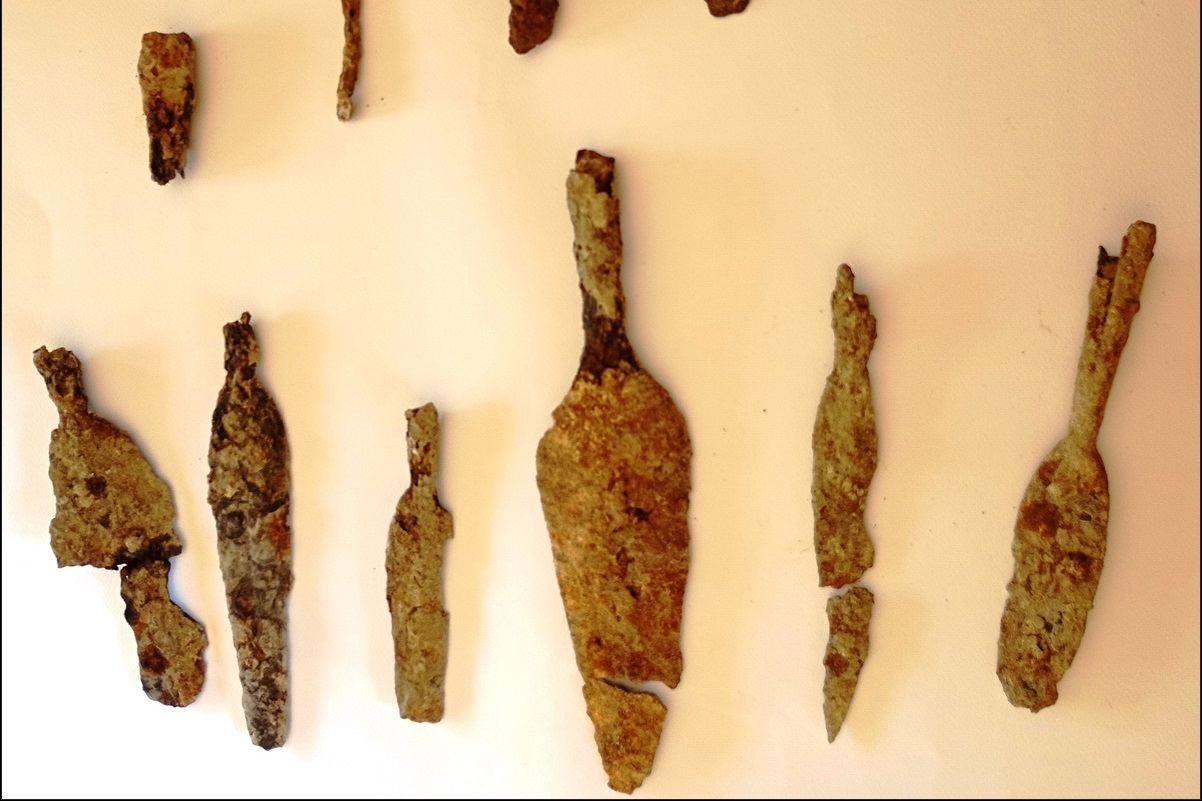A man and woman were arrested in the region of Imathia, in central Macedonia, northern Greece, after police discovered they were hiding ancient Greek artifacts in their house.
Police, who utilized intelligence through an investigation by the cultural heritage and antiquities department of the Thessaloniki division, opened a criminal case against the two suspects for violating relevant laws on the protection and smuggling of antiquities.
According to the local news site, thestival law enforcement agents uncovered antiquities considered of particularly high value after a coordinated operation. The recovered items included tomb artifacts dating to the archaic, classical, and Hellenistic periods (500–150 BC).
In addition, police uncovered 142 bronze coins and a bronze buckle, both of which are dated from the classical to the Ottoman era (400 BC–18th century).
Finally, during the search on the premises, officers found and confiscated 2 books, 5 metal detectors with all attachments, and two mobile transceivers.
The arrested will appear before a relevant prosecutor after police filed a case, which, apart from the two arrested suspects, also included a 55-year-old man who is the husband of the 40-year-old woman arrested.
The penalties for smuggling antiquities in Greece are among the harshest in Europe, ranging from hefty fines to extended prison sentences, depending on the offense and the value of the stolen artifacts retrieved.
Felons who are convicted of smuggling ancient Greek artifacts can face a life sentence (essentially some 20 years), with the minimum being 10 years in prison, in cases involving particularly egregious offenses or the involvement of organized crime networks.




